
New story arcs, quests, events and contracts discussed ahead of game's launch on 5th October
Assassin’s Creed Odyssey is a huge game, and after it arrives on PS4 on 5th October, it’s going to keep growing. Post-launch content for Season Pass owners will include two major new story arcs told across multiple episodes, with each episode releasing approximately six weeks apart.
Between the releases of the larger episodes, The Lost Tales of Greece will bring a series of new story quests that will be free to all players, and they’ll be joined by free in-game events, including daily and weekly mercenary contracts.
The first major arc, Legacy of the First Blade, launches in December, and introduces players to the early predecessors of the Assassins, including the first person to use a Hidden Blade.
In Spring 2019, The Fate of Atlantis confronts players with creatures straight out of Greek myth and challenges them to discover the secrets of the sunken city.
Additionally, Season Pass owners will get Assassin’s Creed III Remastered, which includes all of the original game’s content, plus Assassin’s Creed Liberation Remastered. Both games will support 4K and HDR on PS4 Pro, and sport higher-resolution textures, improved lighting, and other visual enhancements.
Before the first post-launch content arrives, Assassin’s Creed Odyssey will deliver an epic adventure across Ancient Greece, in which you’ll match wits with historical figures and mythical monsters.
To find out more about what’s ahead when the game launches on 5th October, we chatted with Jonathan Dumont, Creative Director for Assassin’s Creed Odyssey.
How familiar were you with Ancient Greece when you started developing Assassin’s Creed Odyssey? Do you find you’ve learned a lot during development?
Jonathan Dumont: We learned quite a bit (laughs). We’re not historians; we share a passion for history, but when we pick a setting, we do research up front, and we research a few settings. Then, when we lock in a good setting, we do quite a bit more research.
The full team researches through books, literature, movies, anything we can find. In the case of our game, because Ancient Greece has something like 5,000 years of history, we brought in a specialist on our team, a historian. We always have a historian on our team, but now we brought in somebody that has a PhD in Ancient Greek history, so that we could know as much as we can.
She’s able to read Ancient Greek, so she would go back into Herodotus’ texts and things like that, so we would get information directly from the primary source.
The fun thing about Greece is, it’s a familiar setting for many people. So we know a lot of those legends and myths, we know a lot of history and historical characters, we know about Socrates – but we don’t know. We know about it, but we don’t know all the details, so we go through that same process where we start out knowing some of it, and we’re interested by it, and it’s a relatable world.
Just as an example, you go around Attika, one of the regions in our world, and there’s an area called Marathon. That’s where the word comes from. And why is it called that? Because some dude ran 42 kilometers [or 26 miles, the length of a marathon] to warn Athens.
So you start digging into terminology or concepts that you already know, that we’ve already been using for 2,000 years, and then you can label them; “oh, that’s why it’s called that,” or “oh, that’s why we do this now!” So it’s very interesting to see where we come from. We dive into it like students; there are experts on this somewhere else that know a lot more than we do, but we try to know as much as we can.
You recently showed off the mythical side of Odyssey by revealing a high-level encounter with Medusa, which seems like the kind of thing that might ordinarily be kept under wraps until after launch. Why reveal her before launch?
JD: I think it shows the things you’re going to be doing in the game; it’s not just Medusa that’s in the game. We have other mythical creatures that could be there, so we picked one that we said, “this should be a fun challenge.”
We also wanted to show what the endgame content can look like as well, and what it feels like to have level-50 abilities, so people can say, “OK, that’s where it’s going to go.” I think it’s an interesting way to show progression.
If you’ve played before, you might have played the E3 demo, which is maybe 20 levels in. So you get a little taste of progression there, but seeing a little bit of the final results – not final-final, but toward the end of the game – shows the promise that the game is different, the game is about the First Civilization as well.
I think it’s cool to let people see things about a game, and not hide it until the end. There’s also quite a bit of stuff we’re not talking about yet, so we’re not burning everything.
As we’ve seen in previous Assassin’s Creed games, technology left behind by the ancient First Civilization enables fantastical things to happen in a relatively realistic universe; is it creatively freeing to work with those elements?
JD: Most of the game is pretty much historically accurate. We try to depict the Peloponnesian war, we go to Athens during the plague. We meet a ton of historical characters, and spend a lot of time getting to know them as well.
What was important to us was to say, “all right, those are the facts that came out, how history was recorded” – but we also do something interesting in most of our games toward the end, where somebody picks up an artifact and burns people up or something. So what would happen if you had an artifact like that [from the start], and what would be the perceptions of the people living in that world about their gods and their mythology?
Tapping into that, and trying to tie it to the First Civilization to make it credible in that universe, was interesting and very challenging, but opens it up to different things. It’s not like Medusa’s in the middle of Athens. These are found in secluded places in the world, so they’re mysteries.
If you’re looking at the map of where you found Medusa, it is in one of the most remote places in the corner of the map, in this forest hidden behind the mountains. It’s not something that’s in your face; it’s some secret of that world that you will discover.
I think [the First Civilization focus] gives us a little bit of flexibility; the theme that you have an artifact in your hands opens some doors for us to explore.
After Assassin’s Creed Origins, which had the elephants and the Trials of the Gods, did you see more demand for big endgame challenges (like Medusa) for high-level players to pursue?
JD: Well, while building an RPG, the challenge needs to go up; sometimes it’s hard to keep it on natural characters, like a humanoid character.
In this case, I think it’s an interesting scale-up; if you were playing the game and you started with that, obviously it would be a little weird. For a game that you’re going to spend a lot of time in, having these challenges that are a little bigger than life are interesting.
If you take a look at Origins, with the elephants for example, those elephants are pretty big. They feel like they’re elephants, but almost magical elephants. I think it goes with progression scaling, I think it helps actually measure yourself against the game and tap into that fantasy of exploring myths and legends. I don’t think that’s mandatory, that we were pushed into that, but it felt natural to do it with an RPG.
What are you most excited for people to discover in Assassin’s Creed Odyssey?
JD: I think it’s interesting to see some of the visual diversity we have. The Greek islands, more in the north, have more forest areas. There are always choices at the heart of the game, so there’s a lot of possibilities for you to exercise them not only in quests, but also in play style.
What I’m excited about is that you can choose to play the game fully in stealth; you can go in forts and play it stealthy. Assassin’s Creed is over 10 years old, and through the years we’ve introduced different mechanics, so we all play a different way.
I think our game caters to the way you want to play; if you say, “I just want to shoot people with a bow and arrow, because I’m a ranged guy,” you can actually do it, and if you want to stealth most of the game, you can do that. And if you just want to fight and kick people off ledges, you can do that as well.
I’m actually pretty excited that the way people want to play Assassin’s Creed will be available to them, and a viable option.



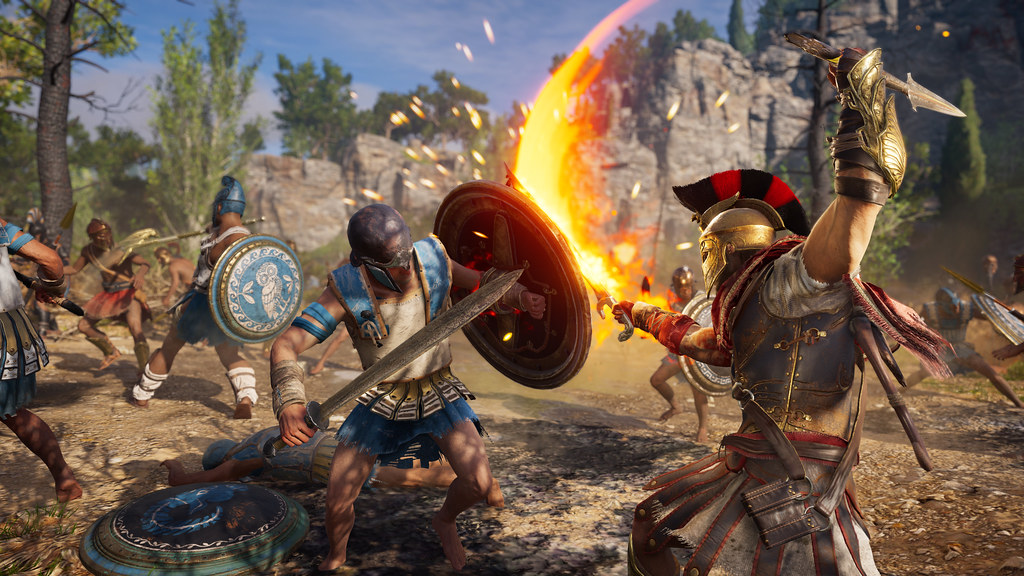
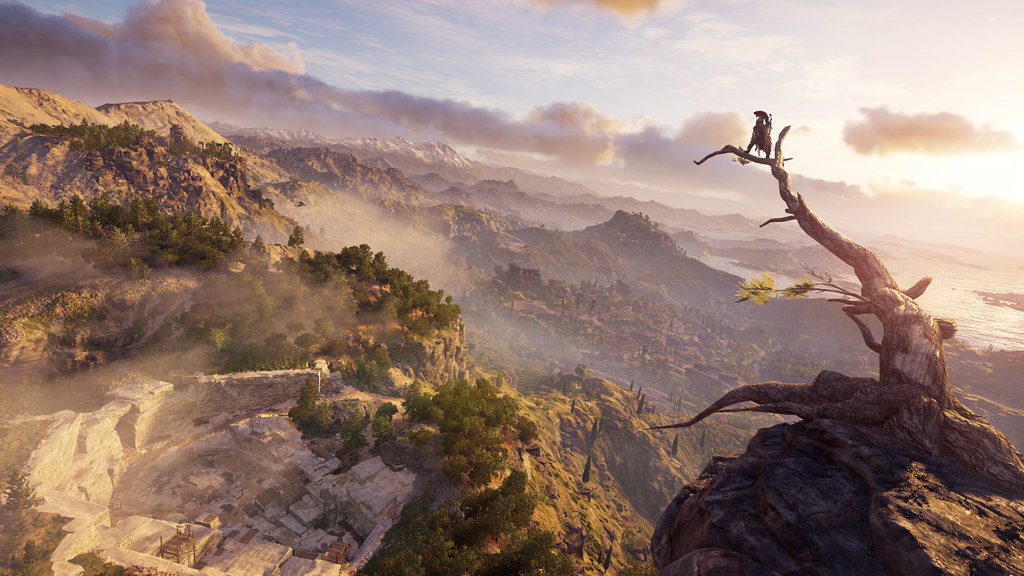
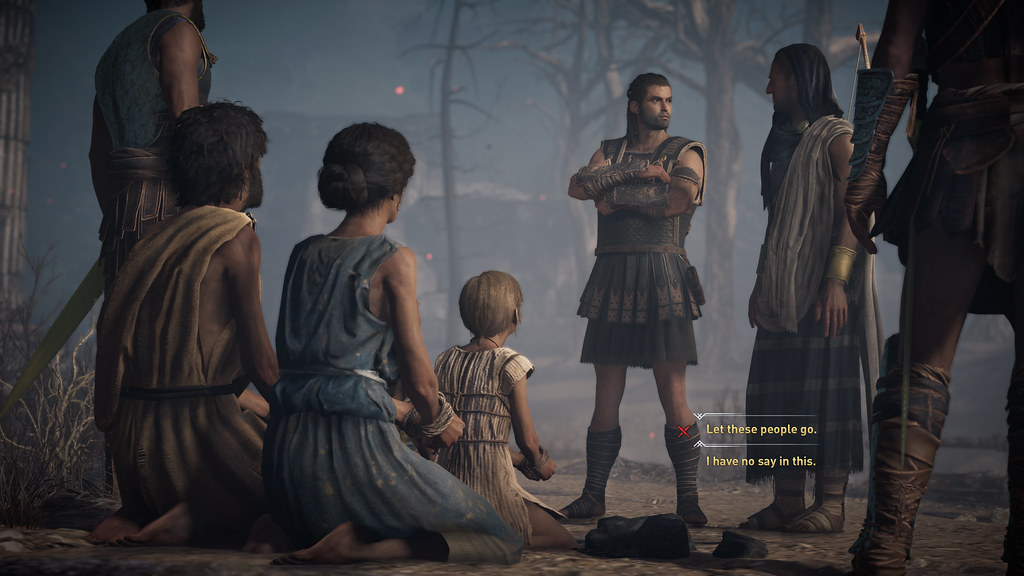
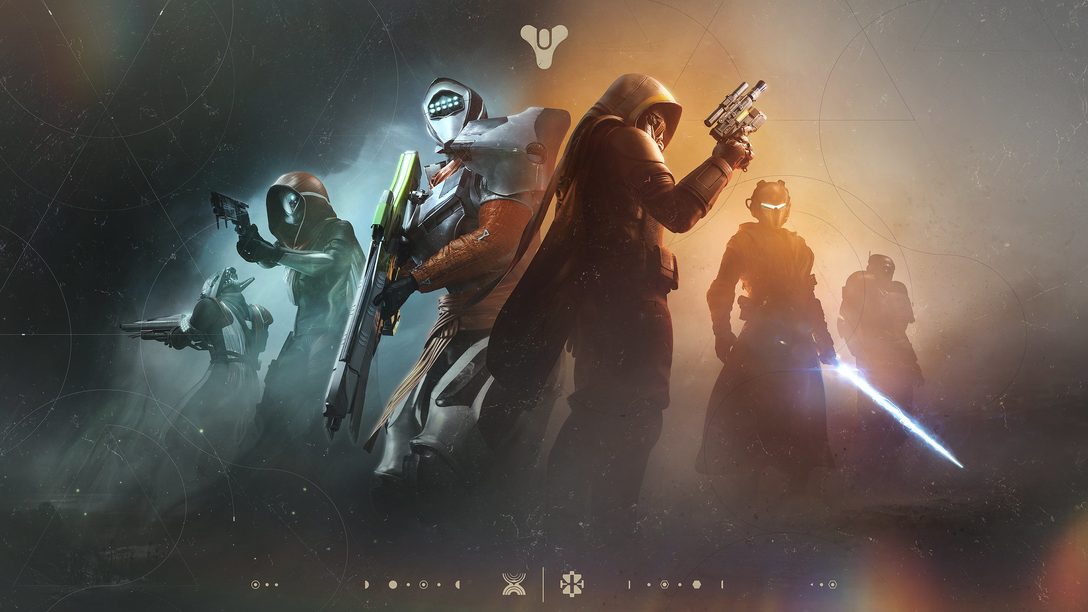




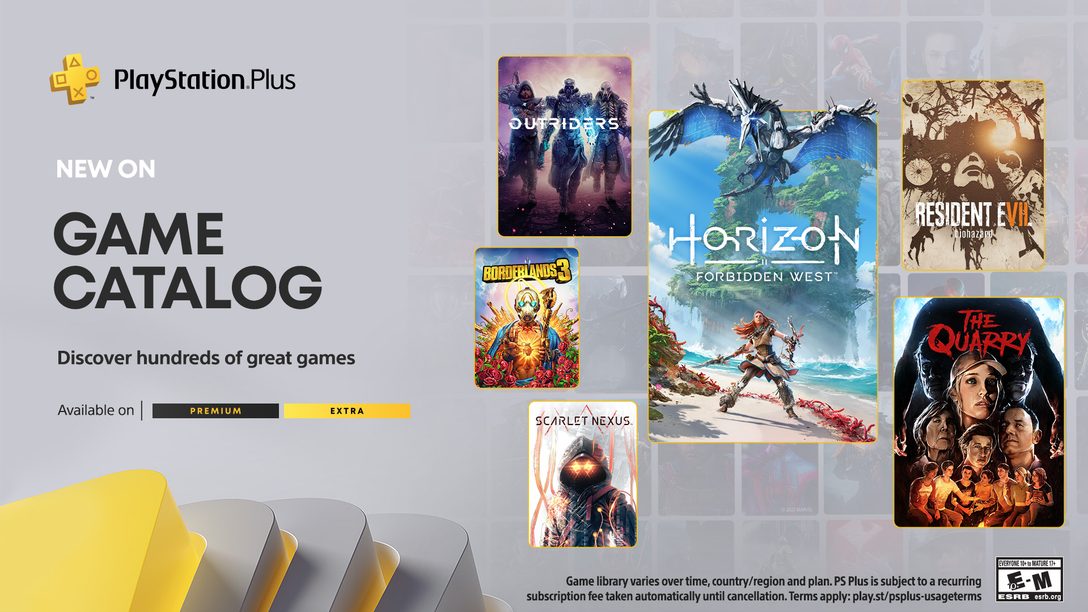


Join the Conversation
Add a CommentBut don't be a jerk!
13 Comments
Loading More Comments